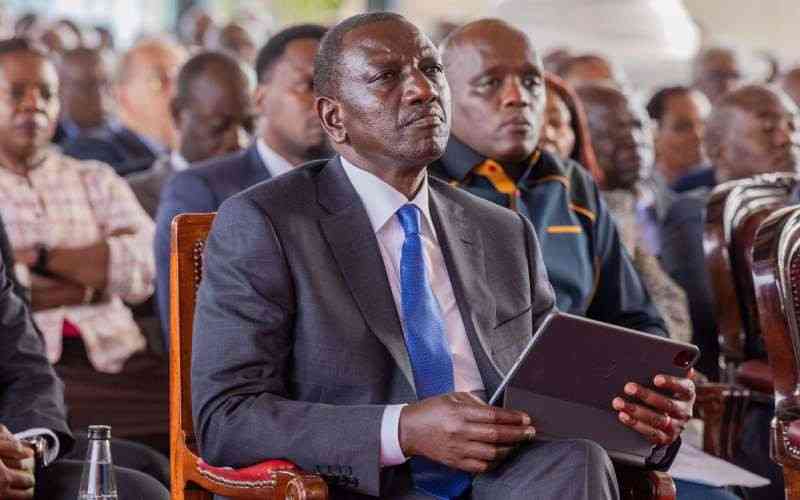×
The Standard e-Paper
Join Thousands of Readers

Hoteliers, traders in goods like stationery, consultants and civil servants will be among the hardest hit as the National Treasury moves to execute President William Ruto's austerity cuts.
The new planned austerity drive is set to have a significant impact on various sectors, including consultants, hotels, airlines, and banks.

